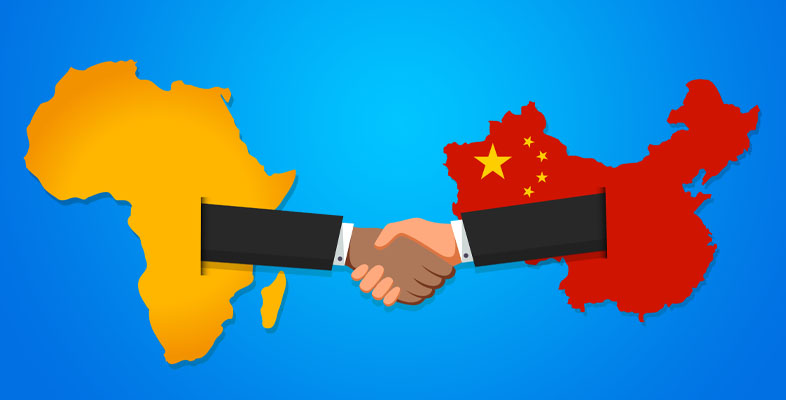4 Linkage development: are the Chinese different?
Chinese owned firms are somewhat different and so have distinct implications for linkage development and localisation. The ‘Angola model’ of financing means other Chinese SOEs get construction contracts and then bring labour and inputs with them. This is highly internalised and so creates limited backward and forward linkages, and Chinese firms tend to provide little support to would-be suppliers. But there are important differences between Chinese SOEs and private Chinese TNCs with the latter much more willing to enter into market-based supply relations. In terms of mineral processing, Chinese firms tend to refine and process in China, which also limits backward and forward linkages, whereas with oil we have seen a willingness to invest in refinery capacity in Africa.
However, there is a sense that Chinese firms’ procedures reflect a lack of experience, so as they gain knowledge and confidence they will behave more like Western firms. Evidence from Ghana shows that Chinese state-owned companies have gradually localised their workforce in a manner quite similar to the behaviour of companies from the West. With rising labour costs in China, the costs of importing labour and goods will rise.
Another case in point is that the Sudanese oil sector is largely dominated by one Chinese national oil company – China National Petroleum Corporation – but they seem to have been able to achieve relatively high levels of localisation and linkage development. This also definitely reflects the shift in the Chinese way of doing business abroad, but may also reflect a firmness of purpose in the Sudanese approach to promoting localisation, which may have been conditioned by Sudan’s unique economic and political context.
